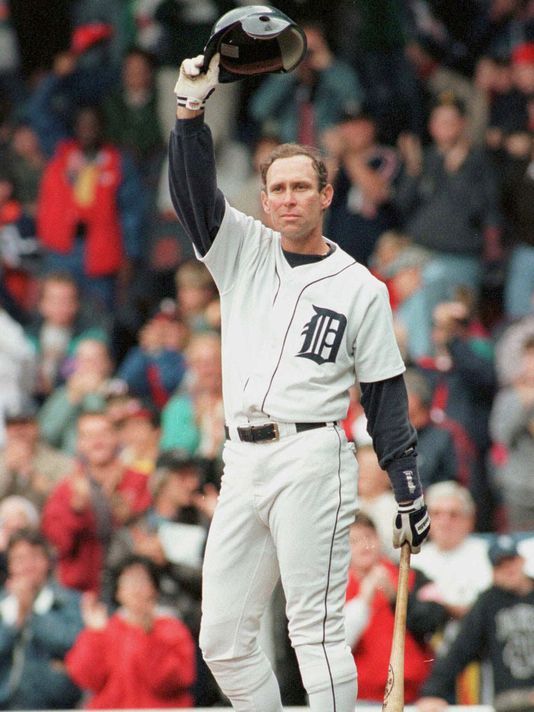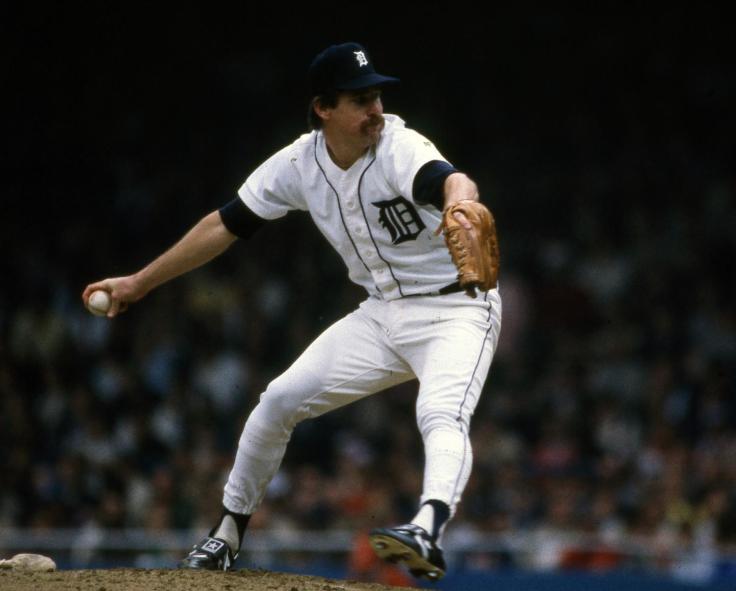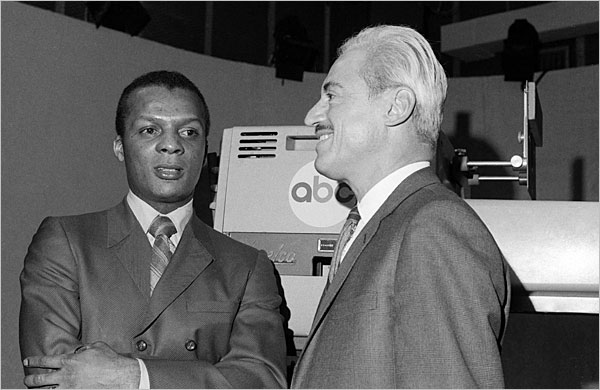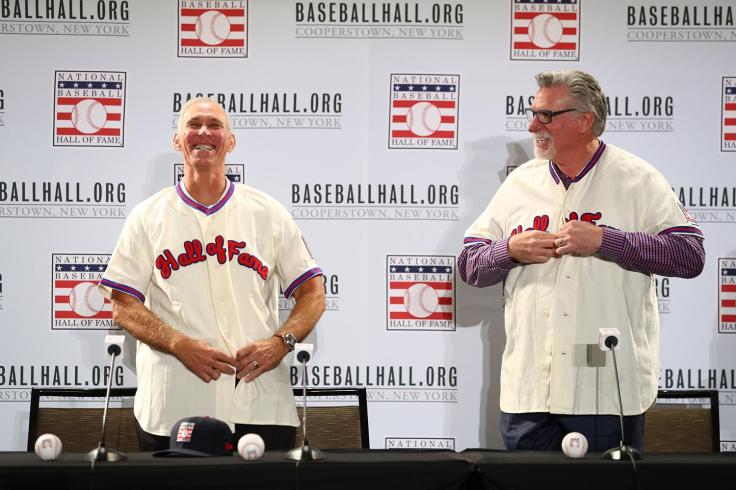
A few weeks back, the Modern Baseball Era Committee announced their results for the 2018 Hall of Fame election, where Jack Morris and Alan Trammell will be joining whomever will be voted in by the BBWAA later on next month. While the result wasn’t surprising, I am struck with a tinge of excitement and frustration when it comes these election results, both by who got in and who didn’t.

First, I was elated that Alan Trammell will be in the Hall. I came around a bit late to just how great Trammell was but felt really strongly that he deserved to be in the Hall a few years back. Here is a snippet of my argument for him back in 2015:
The argument for Trammell though outweighs a lot of the negatives; Trammell has a career WAR of 70.4, which makes him 94th all-time and 63rd amongst position players. To go a step further, Trammell has a career dWAR of 22.0, which places him 34th all-time.
Trammell is listed as the 12th best shortstop according to the Hall of Stats (hallofstats.com) and has a Hall Rating of 143 (100 is deemed Hall worthy). Trammell played in an era of Cal Ripken, Jr. and Ozzie Smith and while he wasn’t quite at their level, he was close and even beat Cal out for the Gold Glove four times. What is even more interesting is going back and comparing his numbers to Derek Jeter as Joe Posnanski did a few years ago:
Joe Posnanski has made the argument that if you are of the belief that Derek Jeter is a Hall of Famer, then you should compare his numbers with Trammell’s. Joe points out just how close Jeter and Trammell were as players, with Jeter holding a slight edge over Alan offensively, while Trammell was easily a better defender.
Trammell really felt like a player who could have gained momentum if more voters had digested his numbers. Instead, the highest he reached on the ballot was 40.9% (back in 2016) and one does have to wonder if the constant logjam of only being able to vote for ten players really hurt him in the long run. The good news is that his peers corrected this injustice and he will be claiming his rightful place in Cooperstown this summer.

Then there is Jack Morris. There is really no easy way to put this than to just say I don’t feel he is a Hall of Famer. Did he have moments of greatness? Obviously. He is viewed by many as the greatest pitcher of the 1980’s, which is easy to see when looking at stats like strike outs and wins. But when digging deeper he is 65th in ERA+ (league and ballpark adjusted) in the decade and 12th in bWAR for pitchers. It gets even dicier when you start digging through the all-time rankings. According to the Hall of Stats, Morris is 165th among pitchers all-time and has a Hall Ranking of 77, well below the necessary 100 to be “Hall Worthy”. In fact, over an 18 year career, Morris has only 44.2 WAR, which roughly averages out to 2.45 Wins Above Replacement a year. The truth is that much like Bill Mazeroski, Morris’ greatness is defined by one classic moment: Game 7 of the 1991 World Series, where he pitched 10 innings of shutout baseball and led the Twins to a World Championship over the Braves. It’s an iconic moment, but unfortunately for Morris it is not a complete representation of his career. The issue with putting him into the Hall is simple; the numbers don’t back up what the memory recalls. It might just be better to let Jay Jaffe of Sports Illustrated explain:
While Morris won 254 games for the Tigers, Twins, Blue Jays and Indians in his 18-year career—the 43rd highest total in history and seventh among those outside the Hall—his win total is a reflection of the great work of his teammates. He got excellent support from his defense, which included Trammell and his longtime double play partner Lou Whitaker, in the form of a .272 batting average on balls in play, 14 points better than league average. Relative to his leagues, the offensive support he received was six percent better than average (better than 41 of the 62 other Hall starters), while his rate of run prevention was just five percent better than league average. Among Hall of Famers, his 105 ERA+ tops only those of Catfish Hunter (104) and Rube Marquard (103). By comparison, Red Ruffing, whose 3.80 ERA was previously the highest among Hall of Fame starters, had a 109 ERA+, as he pitched during a higher-scoring era (1924-47).
In other words, Morris being in the Hall of Fame redefines greatness:
Still, his election lowers the bar for Hall of Fame pitchers and serves as a slight to numerous contemporaries such as Bret Saberhagen, Dave Stieb, Dwight Gooden, Orel Hershiser and David Cone. Win totals aside, all have far fuller résumés than Morris from a Hall standpoint, better run prevention combined with Cy Young awards and their own shares of records and postseason heroics. They now deserve an equally thorough airing in this context, particularly in light of the scarcity of viable starting pitcher candidates in the coming years.
This is not to say I wish ill on Morris; personally I like the guy and believe he has handled all the arguments about his Hall of Fame case like a champ. I just don’t personally feel he should be sitting among the greats of the game. The one silver lining to this is we can now be done with the Morris argument; it no longer matters since the Modern Baseball Era Committee made sure he is getting a plaque.

While Trammell felt like a step forward and Morris felt like a slight step back, the fact Marvin Miller was not elected just felt like a slap in the face. Miller is the former executive director of the Major League Baseball Players Association and was the driving force behind free agency in baseball. Without Miller, the players would probably never make the kind of money and have the freedom they have today. Once again, Jaffe said it best:
Miller, who oversaw the game’s biggest change since integration by dismantling the reserve clause and therefore shifting the century-old balance of power from the owners to the players, is the candidate with the strongest case of any individual outside Cooperstown, and perhaps the strongest case of any non-player in the game’s history.
It really surprises me that a committee of what was mostly former players didn’t vote in the guy who has had possibly one of the biggest effects on their career when it comes to the ability to make market value money. Hopefully this mistake will be rectified in the very near future.

The one thing this recent vote proves is that it just isn’t a perfect process. Whether it is the new committee or the BBWAA, this is a system where most of the voters are doing their due diligence to get it right. For every slam dunk like Ken Griffey Jr., there is an Alan Trammell who falls through the cracks. While I might not feel Morris is deserving, I was happy to see Ted Simmons (who I feel is deserving) fall just one vote shy of being added to this group. As long as the games continue to be played, the Hall of Fame debates will continue to be discussed. The fact that baseball is constantly trying to get this right should tell you that everything is moving in a forward direction, just possibly not at the speed everyone would hope for.
Leave a comment